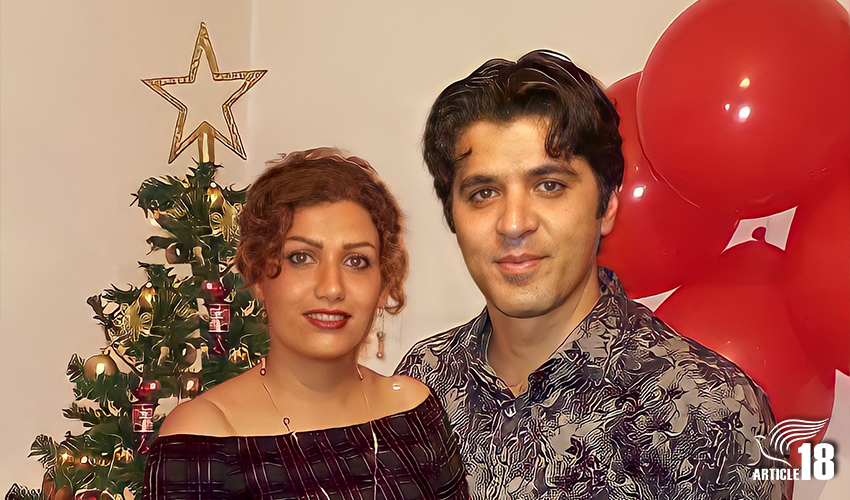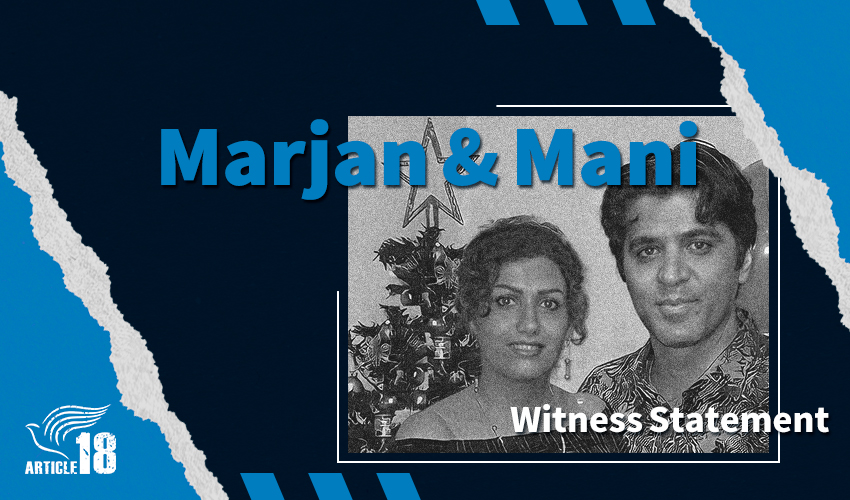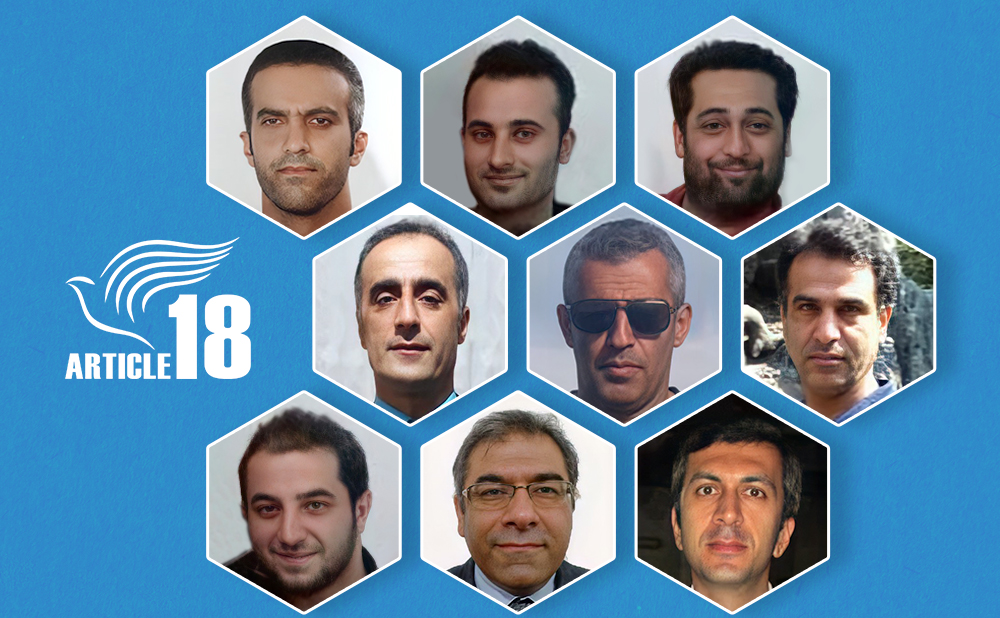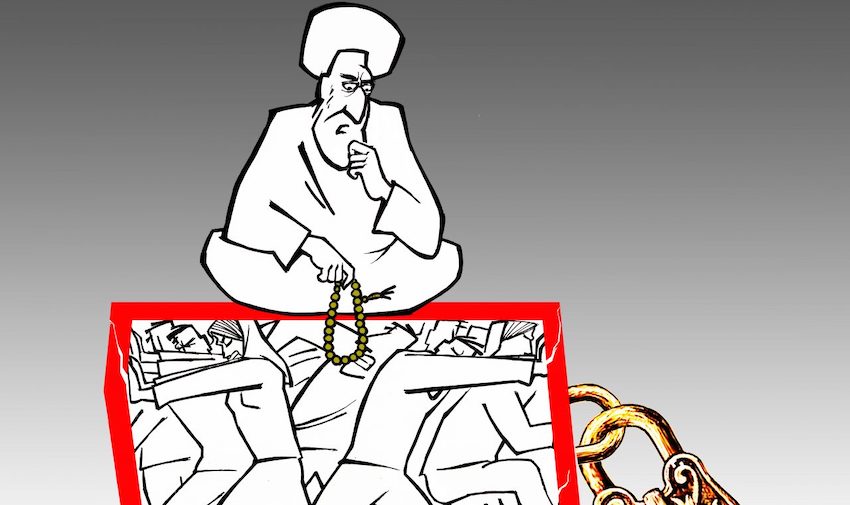
by Steve Dew-Jones | 26 Nov 2021 | Features
It was Marjan and Mani’s eight-year-old daughter, Dina, who opened the door when their home was raided by intelligence agents in November 2015, an event that changed all their lives forever. The family fled the country just four months later, and now, like so many...

by Steve Dew-Jones | 26 Nov 2021 | Witness Statements
For a summary of Marjan and Mani’s story, you can read our feature article here. Background Mani 1. My name is Mohsen (Mani) Aliabady Ravari, and I was born in 1978 in Tehran. My wife Manizheh (Marjan) Bagheri was born in 1983 in Hamedan. We had a film...

by Steve Dew-Jones | 25 Nov 2021 | News
Clockwise from top-left: Shahrooz Eslamdoust, Mehdi Khatibi, Babak Hosseinzadeh, Hossein Kadivar, Mohammad Vafadar, Abdolreza (Matthias) Ali-Haghnejad, Behnam Akhlaghi, Khalil Dehghanpour, Kamal Naamanian. Iran’s Supreme Court has ruled that nine...

by Steve Dew-Jones | 24 Nov 2021 | Analysis
This article, written by Iranian-Armenian Christian Fred Petrossian, was first published by MvoicesIran and is reproduced here with kind permission. Illustration: Assad Binakhahi for MvoicesIran. It is enough just to take a look at the newborn babies in an Iranian...

by Steve Dew-Jones | 18 Nov 2021 | News
The UN’s General Assembly yesterday passed a resolution highlighting “widespread patterns of serious human rights violations” in Iran, including the continued repression of religious minorities. The resolution, which was presented by Canada on behalf of 47...






